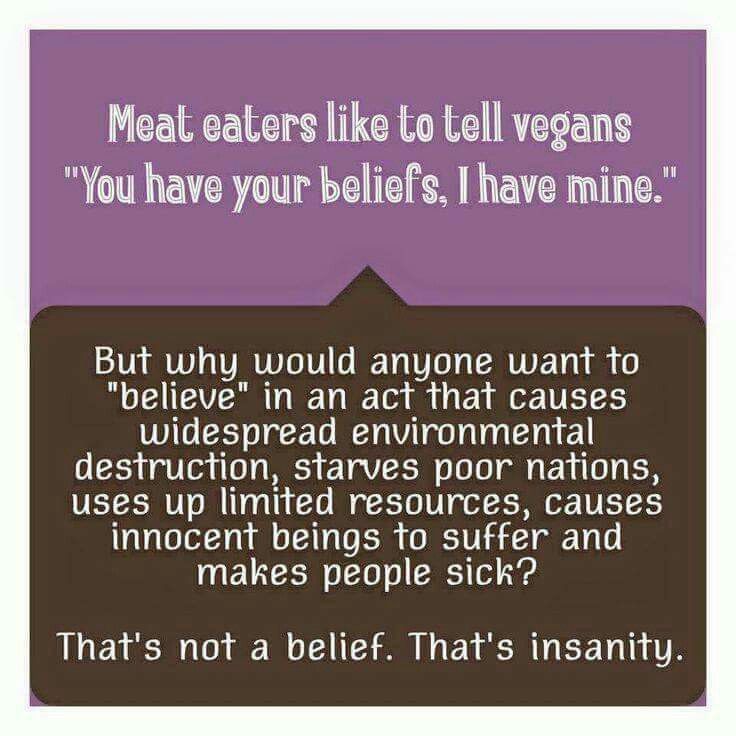Today's animal rights movements are often political, meant to affect change in legislature. But the roots of the belief in animal welfare and opposition to animal cruelty has more spiritual contexts, affiliated with cultural groups having a loving affinity for the earth and its beings.
Native American religion is closely linked to the land. There is a common thread of connection with the earth and the supernatural. A strong emphasis is placed on developing a personal spirituality, as well as the intertwining of the natural and spiritual worlds. Land and its creatures blend well with Native Americans’ spiritual awakening and daily ritual, though typically this belief is not considered a religion; it’s a lifestyle and the basis of an entire culture. Spirituality is a mindset and a relationship with natural beings, not a doctrine.
Native American religion is also accompanied by sacred mythological narrative, relying a lot on animals to tell the story. These stories are deeply based in nature and symbolism using the seasons and weather, plants, animals, earth, and the elements, culminating in the embrace of a great Spirit, a connection to the Earth. These stories were handed down verbally and used in traditional tribal gatherings where the peoples worshipped using song and dance.
Vegetarianism, the earth and religion are also interconnected in the ancient practices of Hinduism, Buddhism, and Jainism. Vegetarianism is mandatory if you are a strict follower of Jainism, based on the principle of nonviolence,
ahimsa. Formed from Hinduism because of distaste for animal sacrifice, Jains are either lacto-vegetarians or vegans. They believe it's important to contribute the least amount of violence as possible--to all of nature--thus influencing positive karma and necessitating liberation during reincarnation. Some followers of Hinduism also practice
ahimsa and non-violence to animals, holding vegetarianism as an ideal. Linked to this is offering only vegetarian food to a god in order to receive it back as prasad, a mental condition for generosity. The belief is that non-vegetarian food is harmful in developing the mind and spirituality. Hindus have a scriptural basis for these practices, the Mahabharata states: “Nonviolence is the highest duty and the highest teaching.” Exists the more practical belief that meat consumption is not beneficial to physical health. There's also Hindu dietary law, linking the basis of man’s good and evil to food, which provides some context for why some Hindus prefer not to eat meat; treatment of food is directly tied to karma and blessings in this life and the next, and this includes forming a relationship with the earth and what it produces.
In Buddhism, animals are understood to be sentient beings and they are highly regarded, as is man’s relationship with the natural world and humanitarianism. Buddha theorized that sentient beings have been our mothers, brothers, sisters, fathers, children, and friends in past lives. This is similar to some Native American ideology. This notion makes clear the difficulty of distinguishing between moral rules for animals and humans as we are all interconnected. Animals are believed to be separated from humans by state of mind, or a different realm of existence (
Tiryagyoni). All the earth’s creatures must work together to protect one another, and individuals who harm others will in their turn experience the same thing. The first of the five Buddhist precepts bans the taking of life, sometimes applied to all sentient beings, including not just mammals, but insects and invertebrates as well. Early Buddhism contains regulations to prevent the harming of sentient beings in the animals realm, because it directly impacts all other realms.
Mainstream modern religions like Christianity often disassociate, at least in majority doctrine, from obligations to the environment and animals, placing options on the individual, and playing down the need for interconnectedness and community. But if one chooses to look there is plenty of encouragement in ancient spiritual traditions for finding our roots and a deep spiritual balance between humans, other animals and our Mother Earth.













